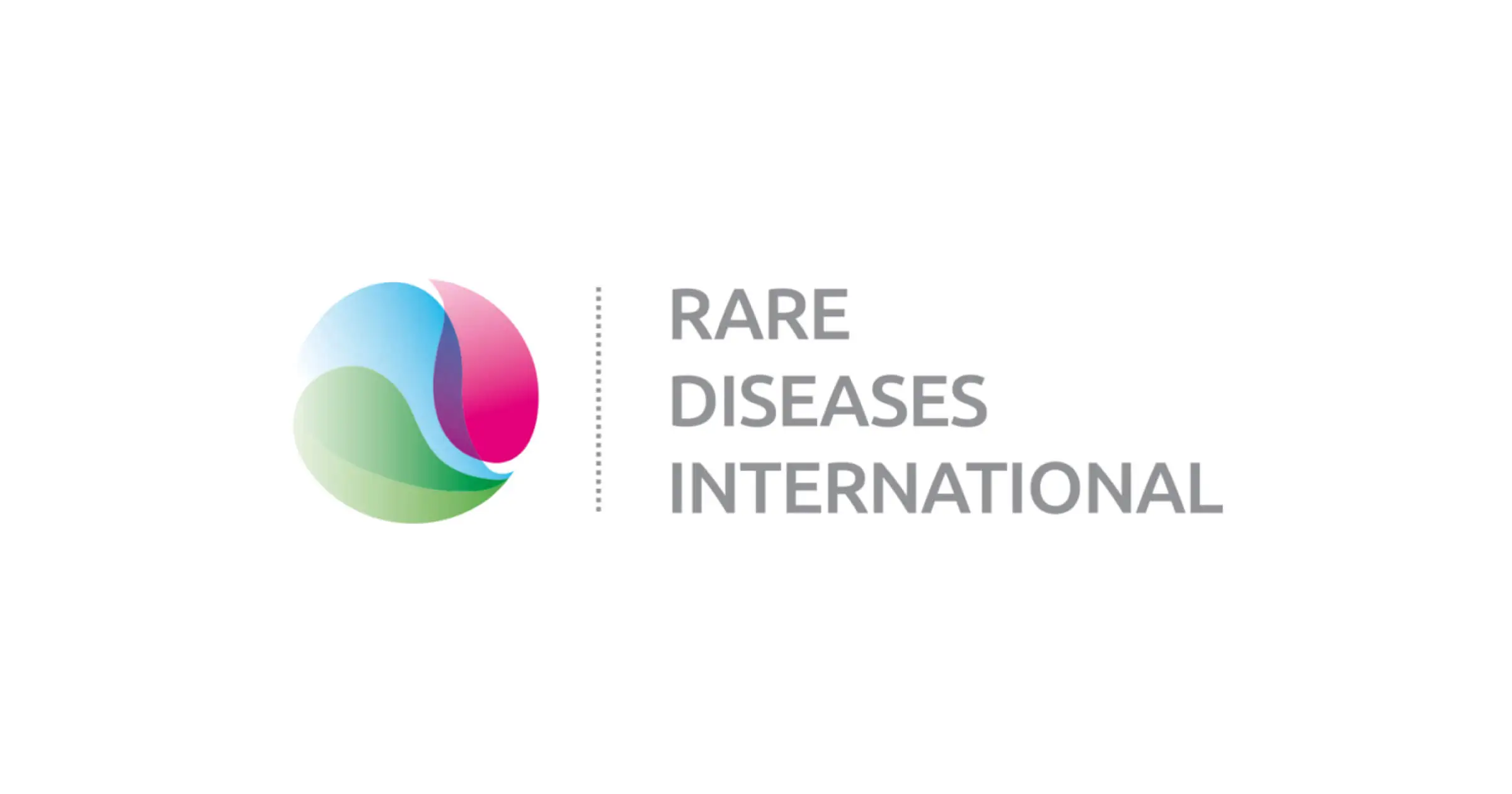
In the global health arena, few issues highlight the intersection of equity, inclusion, and perseverance as vividly as the challenges faced by those living with rare diseases. With over 300 million individuals affected worldwide, the upcoming World Health Assembly (WHA) resolution on rare diseases represents a pivotal moment to integrate their needs into the broader framework of global health priorities.
On January 16, 2025, an insightful webinar brought together members of the Rare Diseases International (RDI) coalition and stakeholders to discuss the progress of this landmark resolution.
The WHA Resolution: Elevating Rare Diseases to a Global Health Priority
Spearheaded by Egypt and Spain, and supported by co-sponsors from across the globe—including Qatar, Malaysia, France, and Panama—the WHA resolution acknowledges the pressing need for a coordinated health framework for rare diseases. This resolution is not just symbolic; it calls for concrete action through a Global Action Plan on Rare Diseases, a roadmap designed to align efforts under the umbrella of universal health coverage (UHC).
Building on the 2021 UN resolution on rare diseases, the WHA initiative narrows its focus on health. The objective is clear: ensure that persons living with rare diseases are integrated into UHC efforts, while member states commit to improving diagnosis, care access, and stigma reduction. This marks a significant step forward, shifting from high-level principles to actionable, measurable outcomes.
A Collective Effort
The journey to secure this resolution underscores the importance of collaboration. Coalition partners, including patient advocacy groups, research bodies, and non-profits, have been instrumental in lobbying for support. Notably, Spain’s exemplary leadership, bolstered by its funding commitments to the World Health Organization (WHO), has inspired other nations to contribute to this cause.
However, challenges remain. Pushback from some countries highlights concerns about financing and feasibility, reflecting the complexities of the current global economic climate. Yet, as speakers during the webinar reiterated, the rare disease community possesses not only the solutions but also the resolve to demonstrate that investing in this initiative is both viable and essential.
Towards a Global Action Plan
The Global Action Plan envisioned by this resolution would be the cornerstone for advancing rare disease advocacy. It promises:
This action plan will empower countries to tailor strategies to their unique economic and social contexts, ensuring no one is left behind. The WHO's structured timeline for consultation, development, and eventual adoption reinforces the commitment to deliver meaningful change.
Mobilising for Rare Disease Day and Beyond
The coalition's upcoming efforts, including the publication of a united statement and events around Rare Disease Day including a WHA Resolution webinar on February 27, will galvanise further support. These initiatives aim to raise awareness, strengthen advocacy, and bring more nations on board as co-sponsors.
As we look ahead to the WHA in May 2025, the rare disease community is at a historic crossroads. Achieving this resolution’s adoption would not only recognise the resilience of millions but also pave the way for a more equitable global health system.
Let us continue to champion this cause with determination, ensuring that rare diseases no longer remain a neglected chapter in global health narratives. Together, we can turn the vision of a global action plan into a reality.
Learn more about the WHA Resolution here.